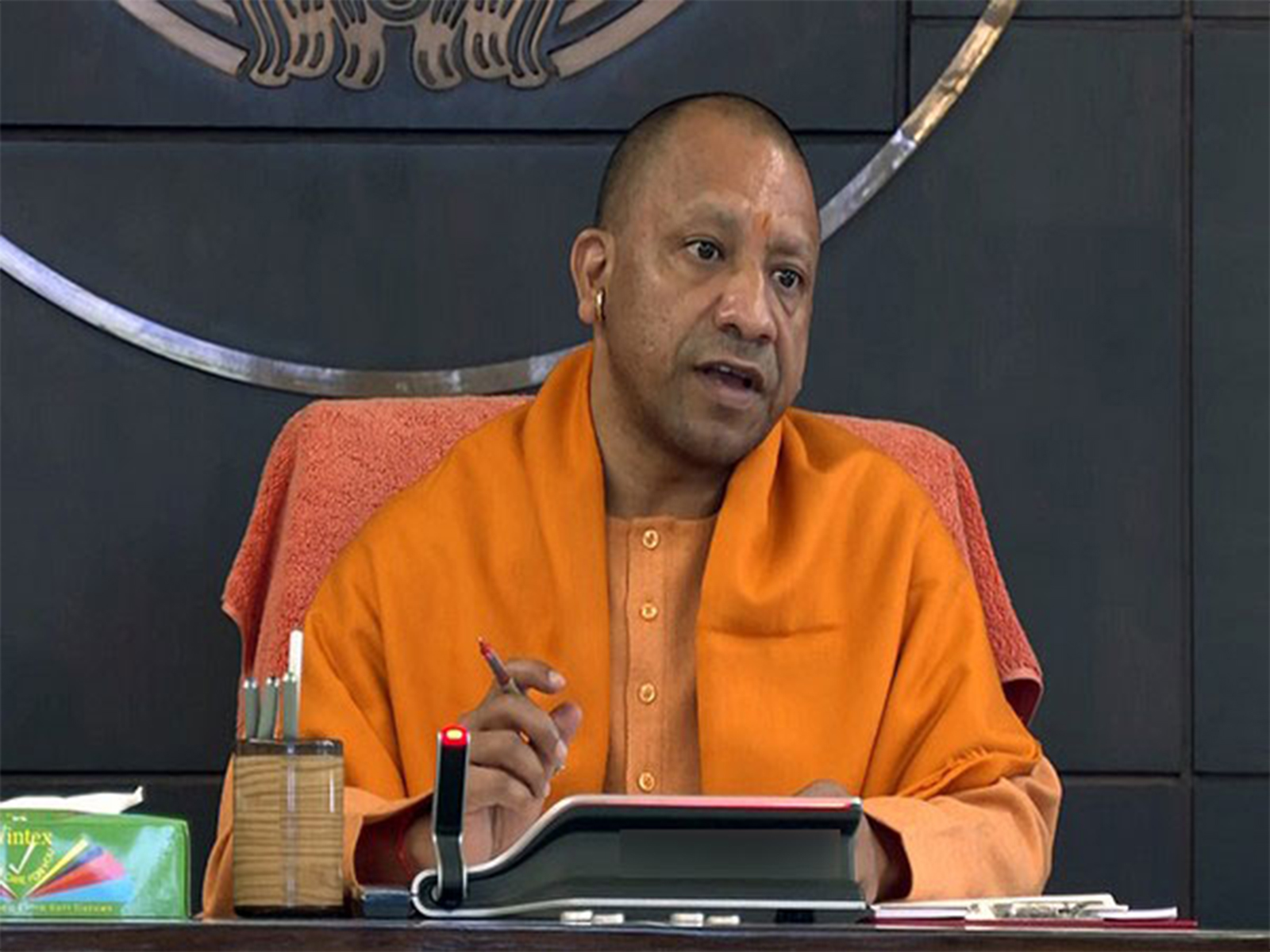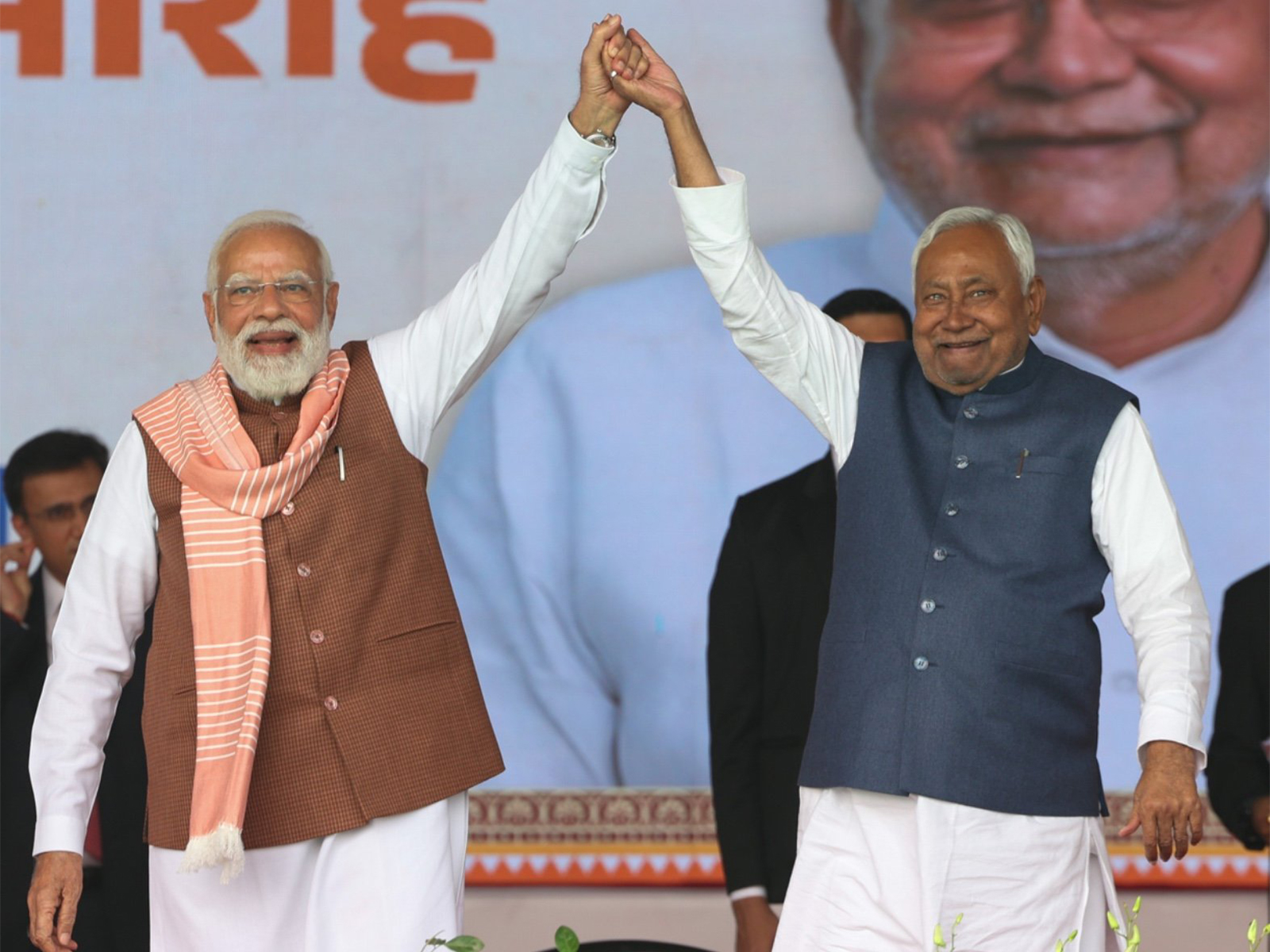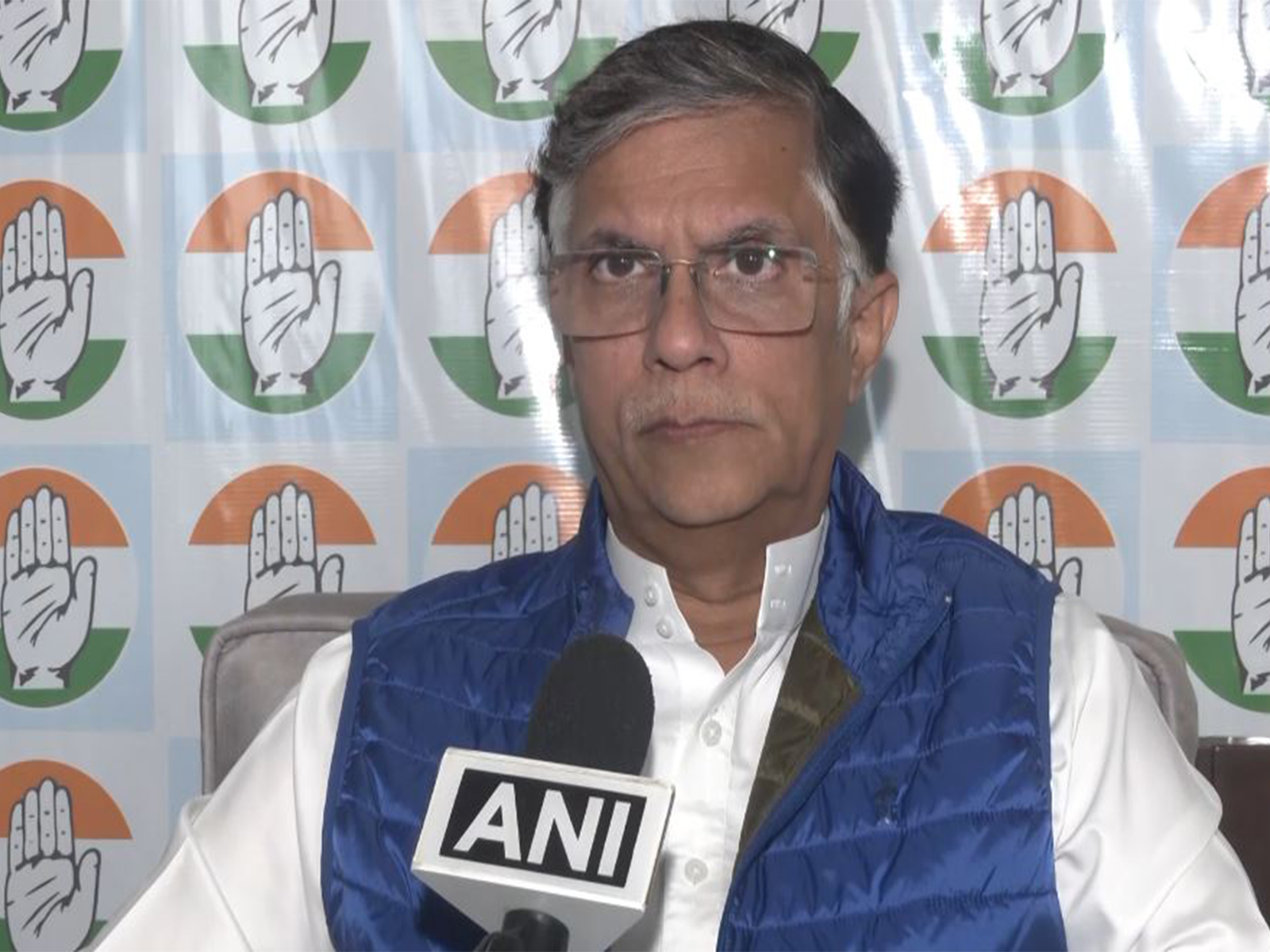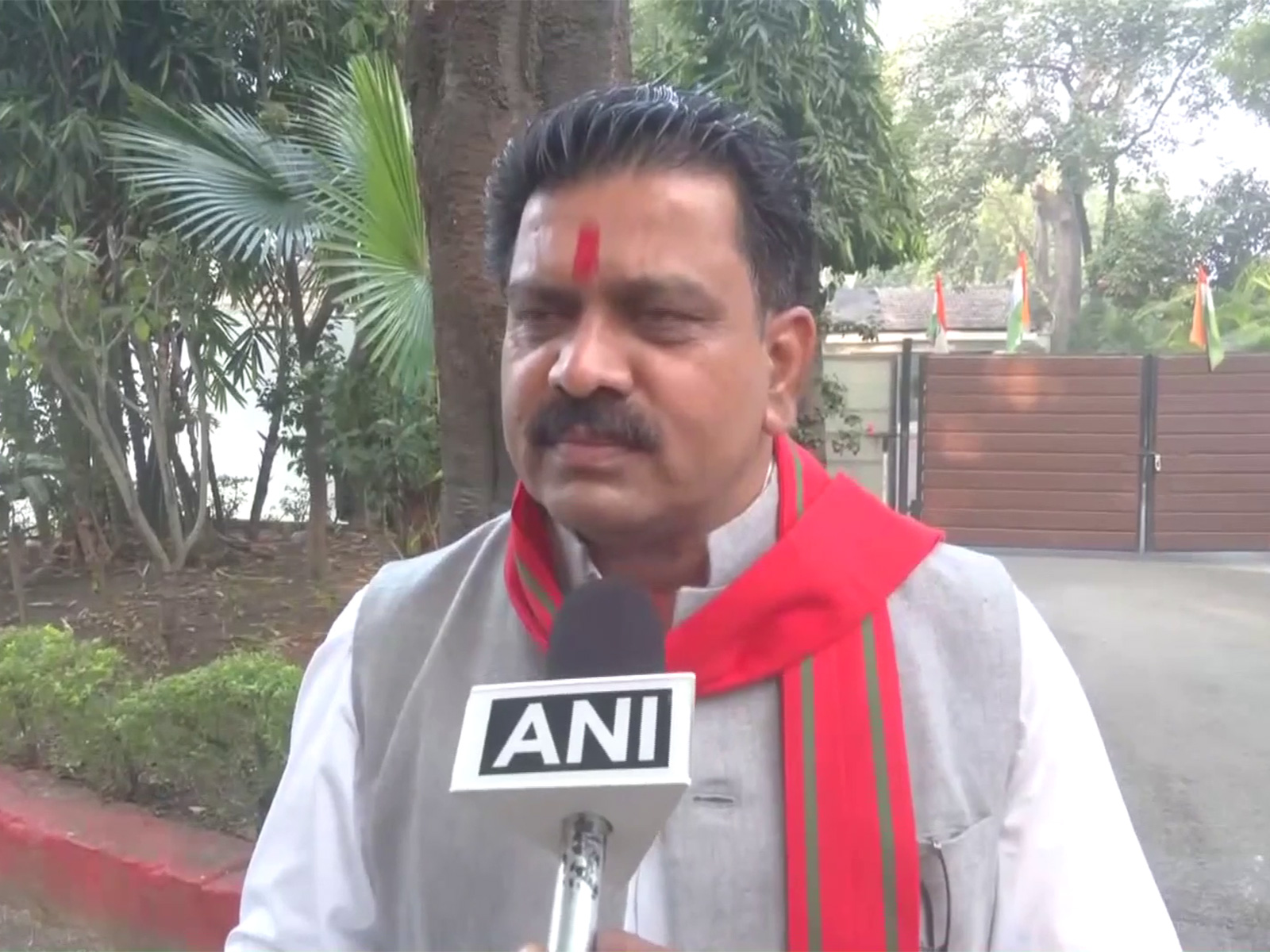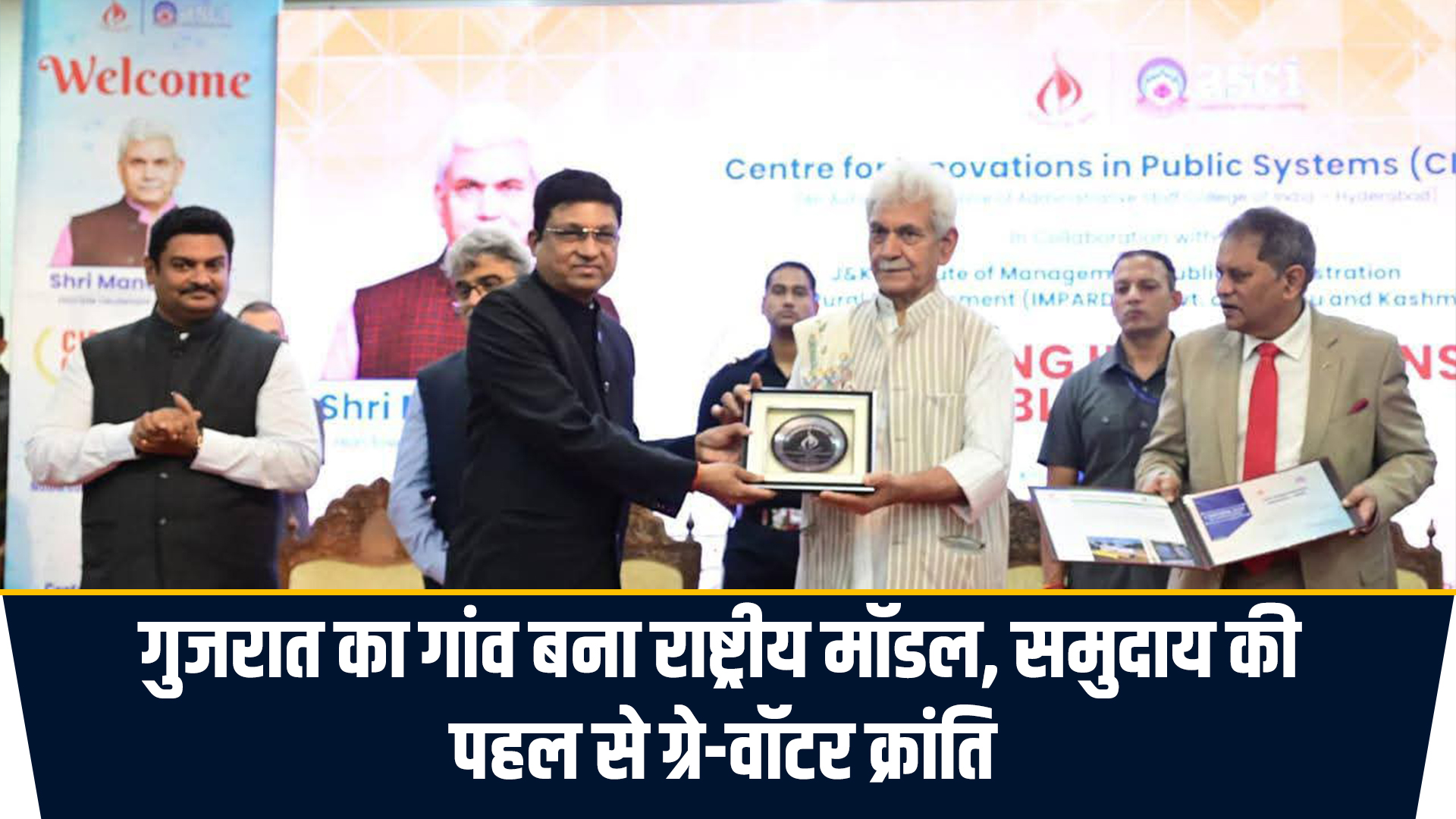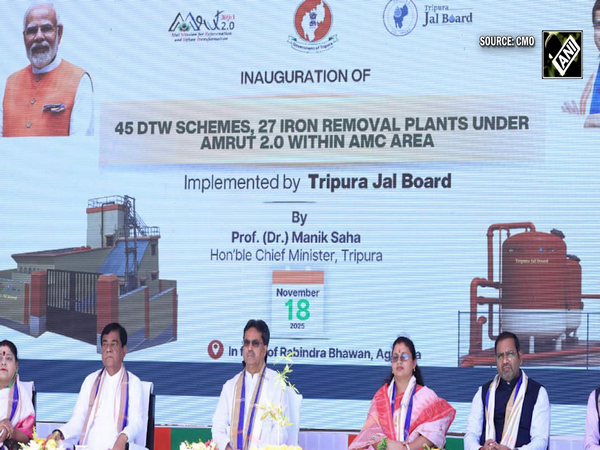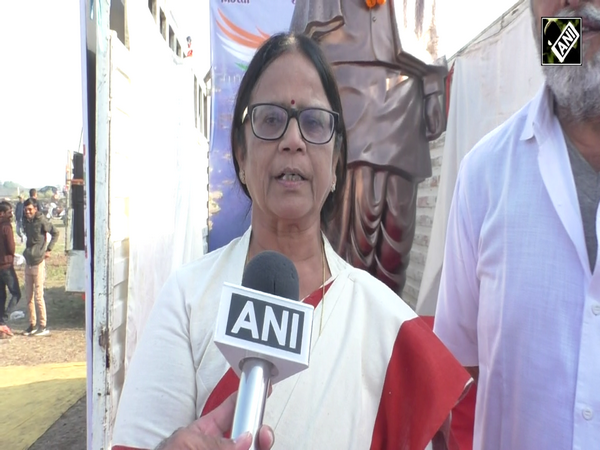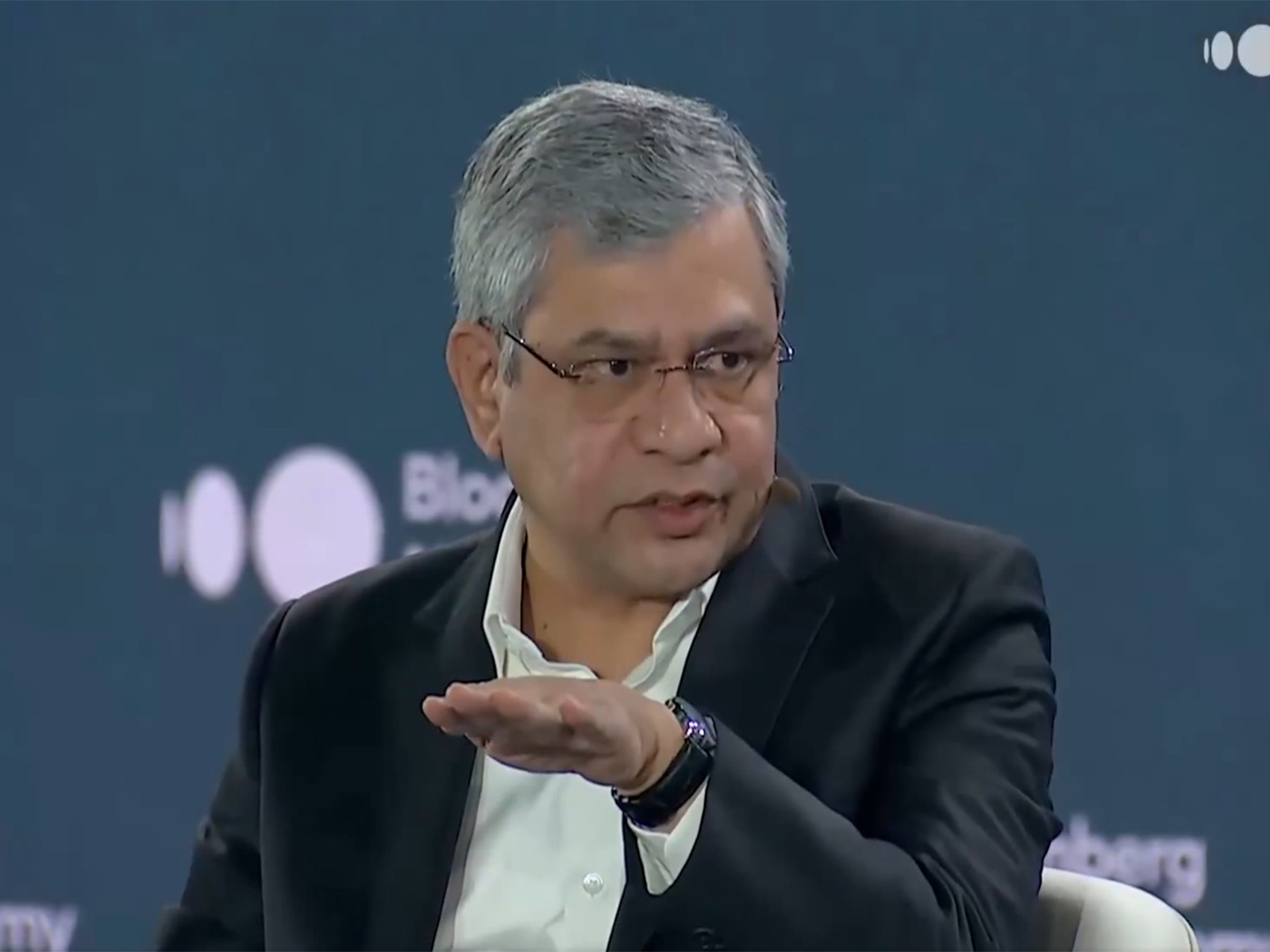
Railways is a strategic sector; cannot be handed to private players': Former Railway Board Member at CRF Conclave
Nov 20, 2025
New Delhi [India], November 20 : The Indian Railways remains a strategic sector and it cannot be handed over to private players, former Railway Board Member M. Jamshed said, as he rejected the prospect of railway privatisation in India.
Speaking at Railway Conclave 2.0, organised by the Chintan Research Foundation (CRF) on the theme "Possibilities and Quagmire of Privatisation of Railways," Jamshed on Wednesday said that the debate around privatisation resurfaces repeatedly despite clear policy signals over the years. "Successive ministers: Suresh Prabhu, Piyush Goyal and Ashwini Vaishnaw, have categorically said in Parliament that Indian Railways will not be privatised," he noted.
He emphasised the need to distinguish between privatisation and private sector participation, saying that the latter has been encouraged for years in various areas such as station redevelopment, rolling stock, and services.
"Privatisation per se is neither feasible nor desirable," he said.
The former Railway Board Member explained that, unlike civil aviation or highways that work through multiple PSUs and private operators, Indian Railways functions as a department of the Government of India. "It carries dual responsibilities; running commercial operations and fulfilling public service obligations," he said, adding that railways bear nearly Rs. 60,000 crores in annual passenger losses cross-subsidised through freight revenue.
He pointed to "tremendous progress" in the past decade, with budgetary support rising from Rs. 20,000-30,000 crore earlier to Rs. 2.5 lakh crore, and capital expenditure increasing from ₹3 lakh crore (2004-2014) to Rs. 17 lakh crore in the past 10 years. Freight movement has also surged to over 12,000 million tonnes, he added.
Debates around railway privatisation date back decades, from committee reports recommending restructuring to proposals for private trains. However, concerns around national security, affordability, social obligations, and the scale of operations have consistently stalled full privatisation, with governments instead favouring controlled private participation in select segments.


